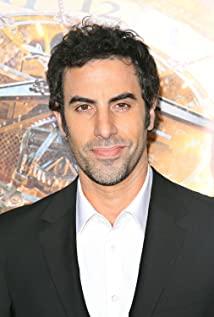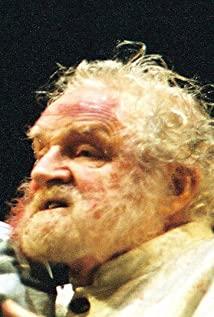it would be terrible to assume that there is no Jesus. In fact, I can't imagine what a tragic world would be without Jesus.
The world rejoices, the Savior descends, the earth takes his king!
How humble is the incarnate Jesus.
I heard a story today. There was a woman whose husband died suddenly. She thought it was her husband's grandmother who cursed her husband to death, so she was very angry and was unable to reconcile with the family ever since.
How pitiful people can't get out of themselves. There is a saying, when you think the shoes on your feet don't look good, think about people who don't have feet.
When you feel that you are the worst person in the world, you can take a look at Jesus—if you know him, he is humble, he suffers, died, and is abandoned. He has nothing, no house, or even a decent one. Clothes, there is no good looks and beauty.
The coming of Jesus means an identification with human suffering.
Valjean was lonely, but the one who was lonelier than Valjean was Jesus Christ.
According to the literary creation theory of the writer Wang Anyi, Hugo’s classic novel "The Miserable World" is a typical spiritual story—it uses realistic materials to create a spiritual story. The soul at the core of this story comes from the Christian faith.
Jean Valjean was once a man who couldn't get out of himself. He spent many years in prison for stealing a piece of bread. He fled until he was arrested by the police for stealing the priest's silver cup and brought to the priest, but the priest said this was my friend and the cup was given to Jean Valjean.
From then on Jean Valjean was no longer the same.
Many years later, Jean Valjean said: From that moment on, I gave my soul to God.
In this scene in the movie, Jean Valjean shouted in the rain and threw out the shredded paper in his hand. The paper flew into the sky with the wind, and suddenly merged into the light.
Jean Valjean, who had walked out of himself, was free.
And the man who pursued him, the policeman Javert, regarded himself as the law enforcement of God.
He is not free. He lives in legalism, just as Jesus condemned the Pharisees: the more important justice, mercy, and faithfulness in the law, but you do not do it.
When order and law became the ruthless tool of domination in a society lacking justice, and law enforcers lost the mercy and love required by the heart of the God who established the law, the society as a whole has deviated from the bright one. God's will.
Therefore, Jean Valjean, who had been pardoned, could pardon Javert. When he could kill Javert, remove the threat and retaliate, he chose to forgive and let Javert go.
Soon after, Javert committed suicide in a struggle.
The law makes people have nowhere to go. Only when the God of mercy and mercy opens a door of grace for people, can people have a way to survive.
As a hunter, Javert is not free in his soul.
This reminds me of the betrayer Judas. He committed suicide under conscientious condemnation. The reason why he was not saved is because he is still living under the power of law and sin.
Jean Valjean spent his entire life to atone for his sins. He became a true saint, selflessly raising Fantine's daughter Cosette, and then saving Marius and marrying the two.
He always guarded the secrets deep in his heart for Cosette.
In the end, he fell asleep forever in the arms of Cosette and Marius.
At the end of the movie, I wept.
All those who have fought and died for justice, Jean Valjean and Fantine sang together:
There is freedom in heaven,
where all chains are broken.
The Lord who is poorer, more hurt, more humble and lonely than us, will face us face to face in the future.
In the world of darkness and suffering, He comes for the suffering people,
and everyone who has been with Him willing to suffer together for the glory of the cross
is in His arms.
The priest said that loving others is the proof of God's existence.
This is a great story and a wonderful movie.
View more about Les Misérables reviews











